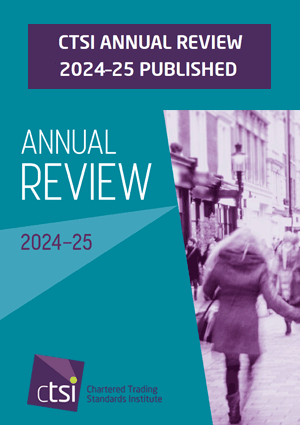EU News
|
|
|
European Commission intensifies the fight against illegal fishing
Following a formal warning one year ago (IP/12/1215), the European Commission yesterday intensifies its fight against illegal fishing by identifying Belize, Cambodia and Guinea as non-cooperating third countries. Despite the Commission working closely with the countries' authorities to set up fisheries management and effective control measures, these three countries have still not addressed structural problems and have failed to show real commitment to tackling the problem of illegal fishing. The Commission now proposes to the Council of Ministers to adopt trade measures against the three countries in order to tackle the commercial benefits stemming from these illegal activities. Ultimately, fisheries products caught by vessels from these countries will be banned from being imported into the EU.
The decision is consistent with the EU's international commitment to ensuring the sustainable exploitation of fisheries resources at home and abroad. The EU's approach towards combatting illegal fishing reflects the fact that IUU fishing is a global criminal activity which is harmful not only to EU fishermen and markets but also to local communities in developing countries.
Fiji, Panama, Sri Lanka, Togo and Vanuatu also received formal warnings last year, but they have all made credible progress in close cooperation with the Commission. They have set in motion new legislation and improved their monitoring, control and inspection systems and, as a result, dialogue with these countries has been extended until the end of February 2014 with progress to be evaluated next spring.
New formal warnings
The European Commission has yesterday also handed out formal warnings – 'yellow cards' - to Korea, Ghana and Curaçao, as they fail to keep up with international obligations to fight illegal fishing. The Commission has identified concrete shortcomings, such as a lack of actions to address deficiencies in monitoring, controlling and surveillance of fisheries, and suggests corrective actions to resolve them.
These yellow cards will not, at this stage, entail any measures affecting trade. Instead the EU will, as was the case for the previously listed countries, work closely with the countries, through formalised dialogue and intensified cooperation, to resolve the identified issues and implement the necessary action plans.
European Commissioner for Maritime Affairs and Fisheries, Maria Damanaki, said: "These decisions show our steadfast commitment to tackling illegal fishing. The EU market is negatively affected as are local and EU fishermen. We continue to put pressure on the countries which are fuelling the supply chain of illegal fishing be it as a coastal state, flag state, or flag of convenience. West Africa was identified as a major source of illegal fishing and my intention is now take the same thorough approach in the Pacific."
Background
The decision on Belize, Cambodia and Guinea, gives Member States an additional tool to verify and, if necessary, to refuse imports of fishery products. The Commission promotes a coordinated approach in this respect. Once the Commission's proposal for a trade ban has been adopted by the Council, fisheries products caught by vessels flying these countries' flags will be banned from being imported into the EU. EU vessels will have to stop fishing in these waters. Other forms of cooperation, such as joint fishing operations or fisheries agreements with these countries will not be possible anymore.
With these actions, the EU is not merely enforcing EU rules1 but rather ensuring the respect of IUU rules adopted by the United Nations and FAO, in line with its international commitments. All of the identified countries have failed to fulfil their duties as flag, coastal, port or market states typically by disrespecting United Nations Convention on the Law of the Sea (UNCLOS) or the United Nations Fish Stocks Agreement.
More information
MEMO/13/1053
Contacts :
Oliver Drewes (+32 2 299 24 21)
Lone Mikkelsen (+32 2 296 05 67)
1 : Council Regulation (EC) No 1005/2008 establishing a Community system to prevent, deter and eliminate illegal, unreported and unregulated fishing. This key instrument in the fight against illegal fishing aims to allow access to the EU market only to fisheries products that have been certified as legal by the flag state or the exporting state concerned.


